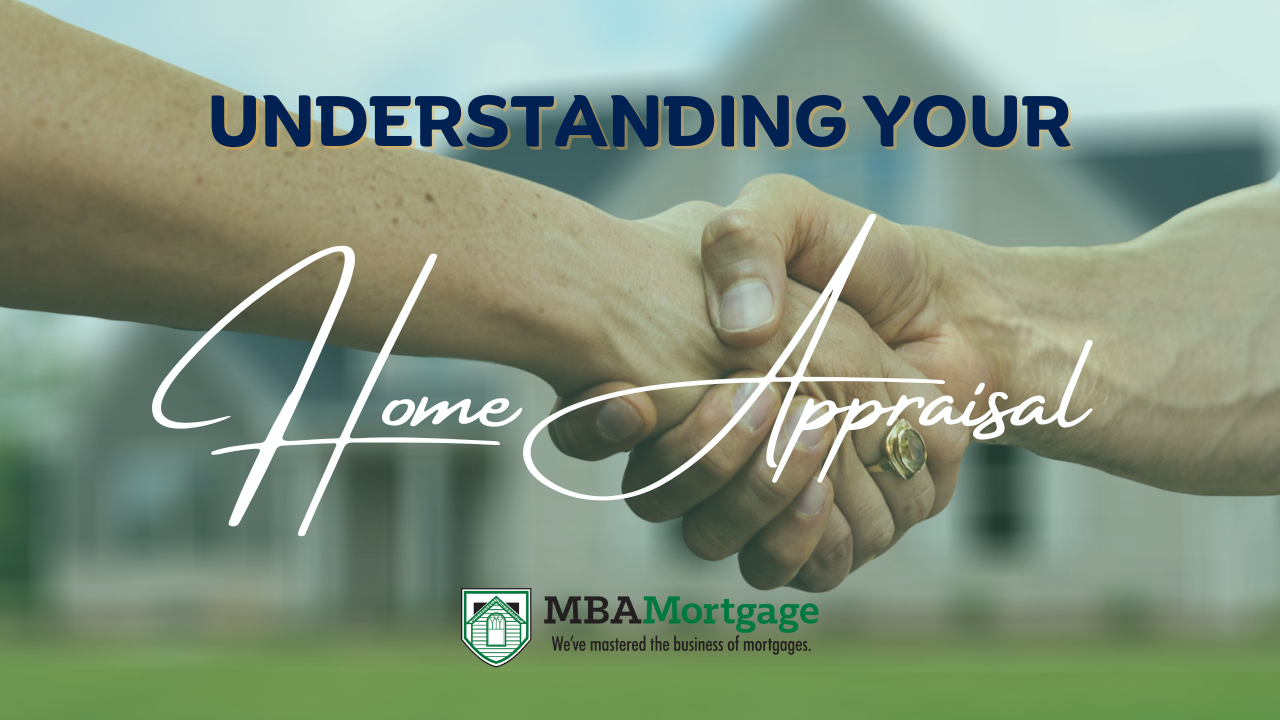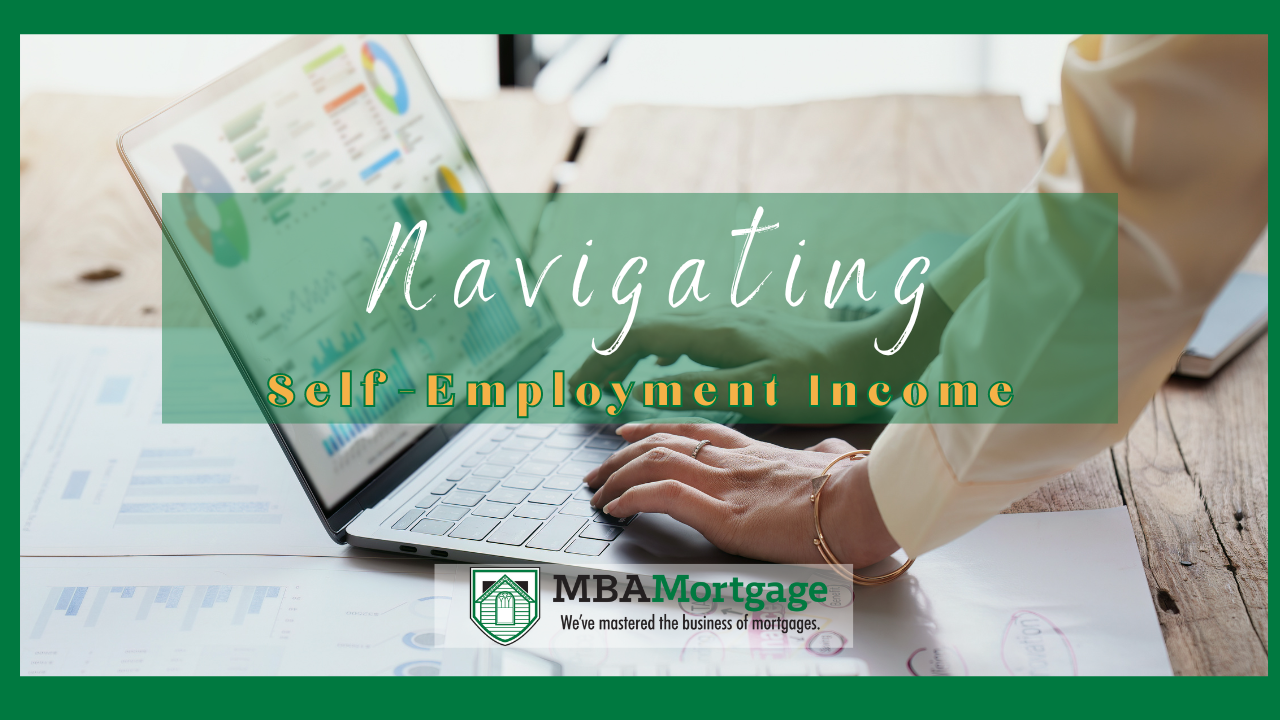Whether you're a seasoned homeowner or a first-time buyer, understanding your home appraisal is valuable…
Can a Self-Employed Person Mortgage a Home? Absolutely!
If you’re a freelance contractor or self-employed business owner who files a 1099 tax return, then you may feel like a mortgage is out of your reach. However, there have been recent changes to mortgage eligibility guidelines for self-employed individuals.
The good news is that homeownership is attainable for millions of Americans who work 1099 jobs. You can get preapproved for a mortgage, even if you don’t have a job that issues a W-2.
In this blog, we’ll show you that it is possible to turn your mortgage dreams into a reality.
Read on for expert tips, and don’t be afraid to contact us with any questions after you read.
More moving parts doesn’t mean fewer options
There’s a lot that goes into realizing your mortgage goals, such as more paperwork. Yet, homeownership’s dream is still attainable; it will just require a bit more effort during the application process.
To keep things simple, here is a simple list of items you’ll need to help you get started on your application:
- One year of tax returns. This may seem obvious, but remember that your 1099 tax returns are a vital component to qualifying for a home loan. The same goes for any other jobs for which you receive a W-2.
- Pay stubs or direct deposit history. Maybe you get an email or a text message declaring that you’ve been paid. Even your bank statements that show payment deposits and, of course, any paper checks can be used as proof of payment. Whatever the channel you receive taxable 1099 income, save these payment notifications for proof of ongoing income.
- Two months of bank statements. Anyone looking to get a mortgage will need to provide bank account statements. Ideally, you’ll have at least two months’ worth of mortgage payments in a savings account. It is also helpful to demonstrate that you have enough to fund a down payment.
- An audited or non-audited Profit & Loss statement. Also known as a P&L, this shows your business revenues and losses over a specific period.
You may be asked to provide more than one year of tax returns
Why? Because self-employed business owners and freelancers can go through highs-and-lows, just like any other business. If you’re applying for a loan in a year when your income is lower, it can help to demonstrate that you have the potential for higher earnings.
As such, be ready to submit up to five years of tax returns.
Now, there’s another snag. Self-employed borrowers often write off expenses, which lowers their “bottom line” of taxable income. Now you’re technically earning less in the eyes of your lender, which can serve as a barrier to getting preapproved. We recommend that you speak with an experienced loan officer to go over your situation.
Your credit score is essential to getting preapproved
Your credit history is just one element of your preapproval, yet it’s an indispensable part of how mortgage underwriters measure you.
While you don’t need a perfect credit history, getting your score up to at least 620 drastically improves your ability to get preapproved. Also, here are some things to keep in mind about creditworthiness and 1099 mortgage applications:
- Don’t open any new lines of credit in the months leading up to your application. No financing new furniture, car loans, or opening new credit cards. From the moment you decide to apply for a mortgage until the minute you get the keys in your hand, say no to new credit.
- Pay off anything that may be in collections. A mortgage broker’s office can run your credit report and identify how much you owe and to whom.
- Don’t pay off credit cards completely. This one may seem counterintuitive, but it’s important. Keep your balance to roughly less than one-third of the available credit. Doing this will show lenders that you’re responsible enough to hold a low balance.
New guidelines are making it easier for the self-employed to get a mortgage
Fannie Mae has issued new guidelines stating that most self-employed borrowers only must submit one year of tax returns instead of the standard two years, as was historically the case.
As a side note, an FHA mortgage is still an attractive option for many, including self-employed borrowers. That’s because an FHA home loan offers more lenient credit score requirements and smaller down payments. Additionally, lenders are more likely to work with a 1099 employee since the federal government will guarantee the loan’s cost if the borrower is unable to pay.
All of this makes it even more essential to speak with a qualified loan officer about how best to proceed with your application for a mortgage preapproval.
Can a self-employed borrower mortgage a home? With a little help, the answer is yes
We offer free resources about how to get in the best financial shape possible so that you can be approved for a mortgage. Whether you’re looking for an FHA loan or credit tips for getting closer to your goal of owning a home, you can trust our team to have your back.
Contact us to open a conversation about how we can help you move forward on the path to buying a home.




